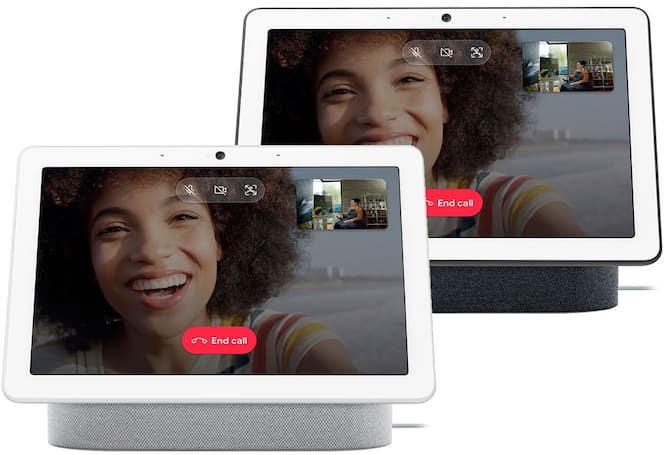What Is a Smart Hub and How Do I Choose One?

carousel
What is a smart hub, exactly?
Essentially serving as a bridge that allows different smart devices to communicate and work together, a smart hub is the centralized piece of a complex smart home setup. Basically, a smart home control hub transforms a collection of individual smart gadgets into a unified, interconnected system to help you simplify your daily routines while also improving energy efficiency.
If you are already relying on smart technology in your home or if you are just starting to look into how to set up your smart home, a smart hub provides you with interconnected convenience. The main functions of a smart hub include:
- Device connectivity. Various wireless communication protocols are used to connect with a broad range of compatible smart devices.
- Data aggregation. Collecting data from all connected devices, smart hubs create a comprehensive view of a smart home’s status and activities.
- Automation and control. You can set up automation rules and routines that allow devices to interact with each other based on predefined conditions, such as turning off the lights or lowering the smart thermostat when you leave the house.
- Remote access. Smart home devices can be remotely controlled and monitored from anywhere with an internet connection.
Various smart hub applications are utilized and most are brand specific, like Amazon Echo and Google Nest Hub. Many smart hubs also offer integration with popular voice assistants, like Amazon Alexa and Google Assistant.
How do I choose a smart hub for my home?
Choosing a smart home hub requires careful consideration of your specific needs and preferences. It is important to keep the following factors in mind when deciding on what smart hub to go with:
- Compatibility and device support. Some smart hubs work better with specific brands or ecosystems, so ensure that the smart hub you choose is compatible with and supports the smart devices you already own.
- Ease of use and scalability. Look for a smart hub with a user-friendly interface to avoid anything that is overly complex and difficult to navigate while also ensuring that the hub can handle additional smart home devices that you might potentially add in the future.
- Reliability and stability. Check out customer reviews to see how well certain smart hubs worked for other people, seeking out hubs with a good reputation for being stable and reliable.
- Security and firmware updates. Choose a smart hub with impressive security features and regular firmware updates to protect your data and privacy.
- Budget and usability. Set a budget and compare the characteristics and capabilities of different smart hubs within your price range. Seek out hubs with features that you can envision using and benefiting from.
Ultimately, the best smart hub for your home depends on the connected devices you already use or plan to use and your preferred way of interacting with your smart home system. To really get the most out of a smart home control center, smart hub devices like smart speakers or smart screens are crucial components.